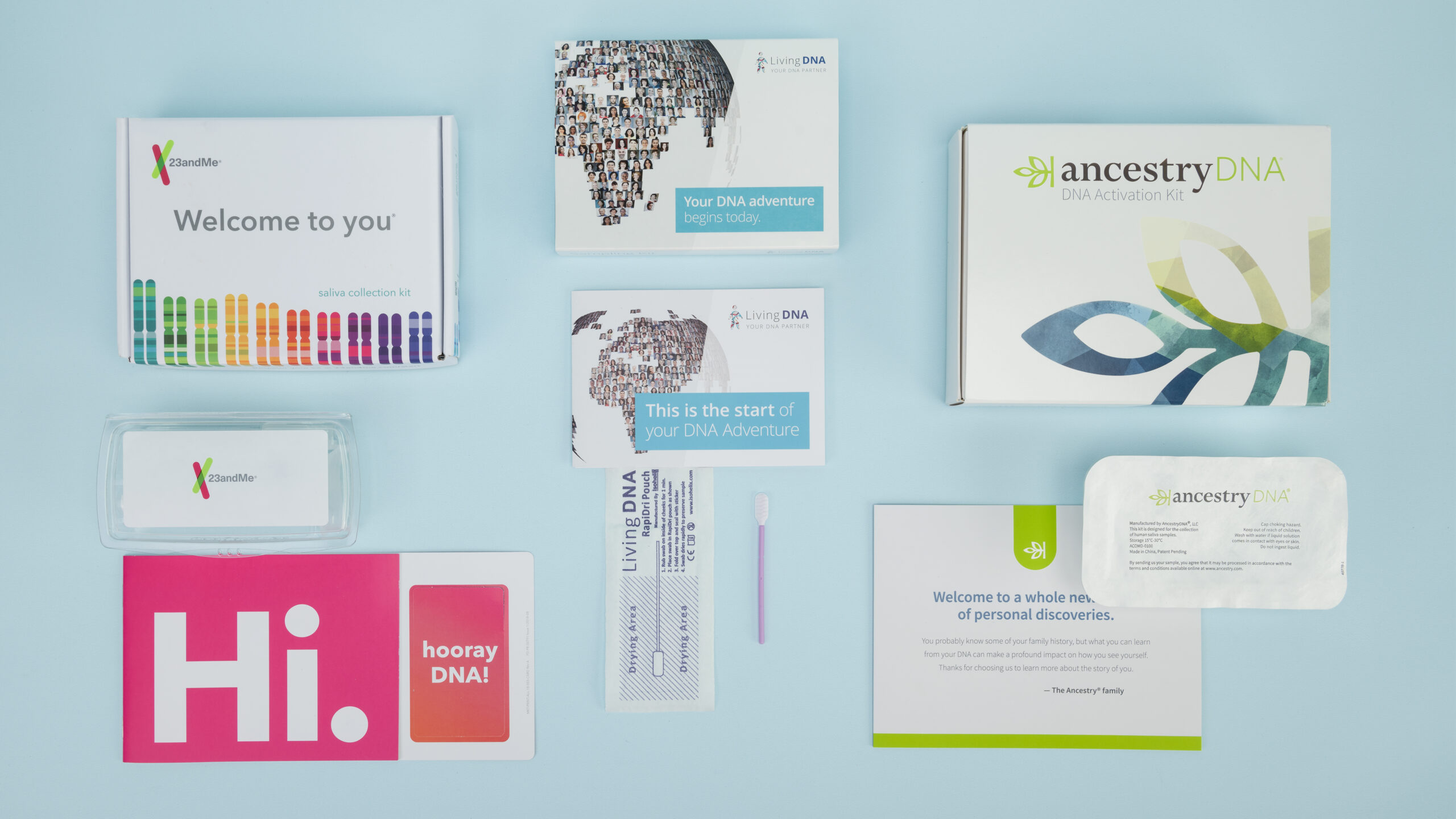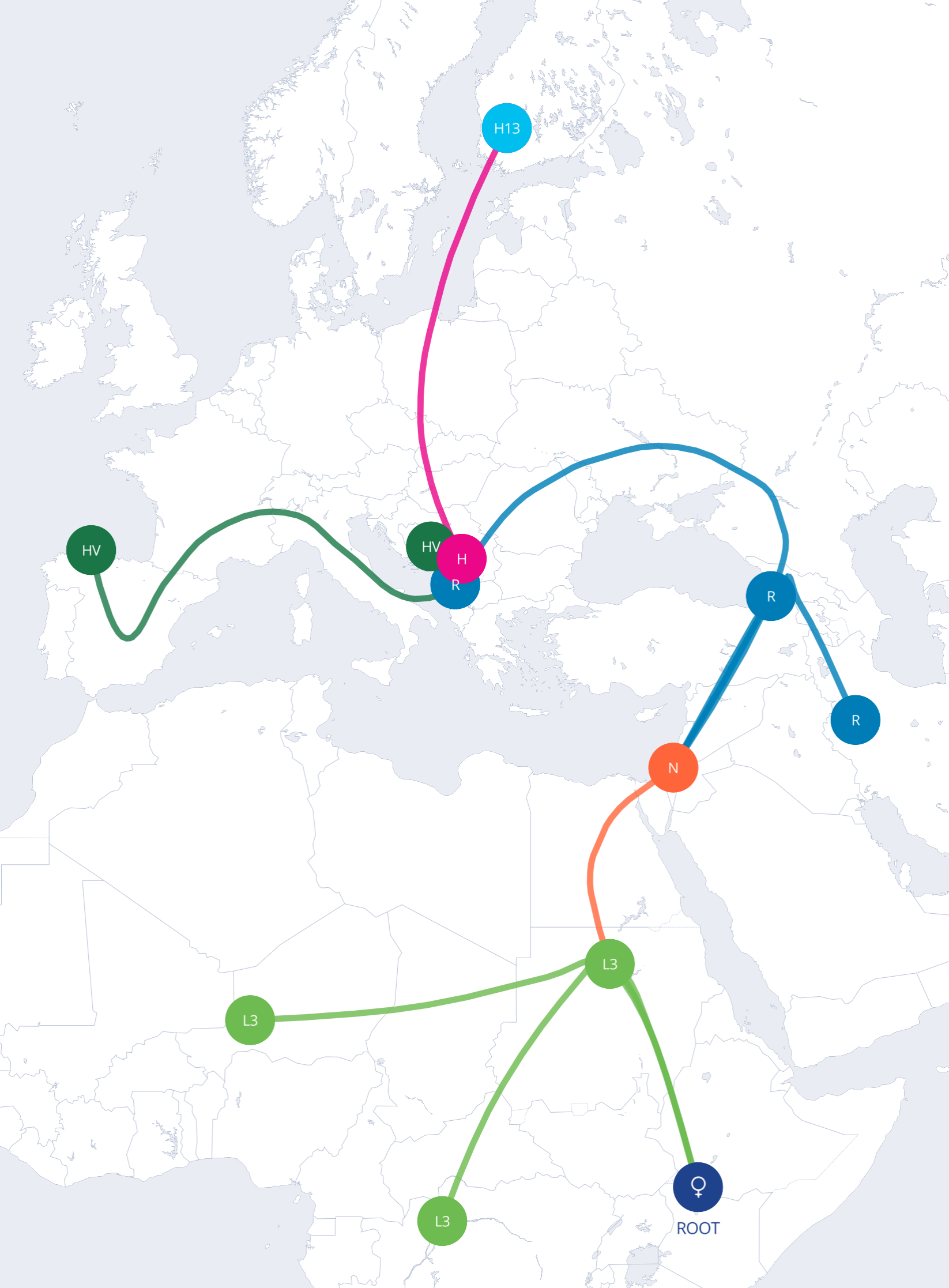
In This Article
Personality can feel carved in stone, especially when you struggle with shyness or worry. Yet science shows your traits sit on a sliding scale—part genetic blueprint, part life story. Understanding that mix can turn fatalism into realistic hope for change.
Know Your DNA Reviews

Don't miss out on the opportunity to learn more about yourself. Read our best DNA test page to find the best one for you.
You may have read that neuroticism is “50% heritable.” It does not mean half of your personal anxiety is hard-wired. Instead, imagine a pie chart of differences across thousands of people:
Think of it like height. Genes set a range, but nutrition, sleep, and illness decide where you land. Personality works the same way— only the ranges overlap more.
| Piece of the puzzle | What it covers | Typical share |
| Genes (A) | Small DNA changes that nudge brain wiring | 40–60% |
| Shared setting (C) | Family rules, neighborhood, early schooling | 5–15% |
| Unique life (E) | Friends, hobbies, setbacks, luck | 25–45% |
Because identical twins share nearly all their DNA, extra similarity between them reveals the genetic slice. But identical twins still diverge as adults—proof that new chapters keep adding to your story.
Researchers now scan millions of tiny DNA markers (SNPs). They add the signals together into a polygenic score (PGS).
| Trait | DNA slice seen by SNPs | How helpful the score is |
| Neuroticism | 11% | Moderate. Top 10% scorers are 1.4 × likelier to be very anxious. |
| Extraversion | 7% | Low. A seven-item quiz still predicts better. |
| Openness | 5% | Low. DNA adds little beyond life stories. |
Why the gap between twin and SNP numbers? Rare gene changes, gene-gene teamwork, and chemical tags that switch genes on or off (epigenetics) stay hidden from today’s tests.
Take-home message: Your raw data file cannot label you “born introvert.” At best, it whispers a small probability.
Genes set possibilities; daily choices move you along the scale. Brain scans show that learning new skills reshapes circuits tied to each trait.
Gentle guidance, emotional safety, and cultures that value sharing feelings tend to lower neuroticism. Chronic stress or early trauma can raise it, but the brain remains plastic.
Two to four sentences each paragraph maintain readability.
DNA personality kits now market “stress-proof hiring” and “born leader” labels. Before spitting in a tube, consider:
Stronger laws, transparent consent forms, and optional genetic counseling can prevent harm while encouraging growth.
| What you pay for | Hidden catch | Better option |
| A polygenic risk score for anxiety | Explains <20% of the trait; easy to misread | Free Big-Five quiz + therapist feedback |
| “Personalized” trait tips | Same advice fits most people | Evidence-based apps or counseling |
| Permanent cloud storage | Risk of resale or breach | Store locally or skip test |
Unless you join a research project, most people gain more by investing in therapy, sleep, and supportive relationships.
Genes give you a starting map, but you steer the journey. With patience, your brain’s wiring—and your daily life—can grow in healthier directions.
Know Your DNA Reviews

Looking for a DNA test that's accurate and can tell you about your health and heritage?
